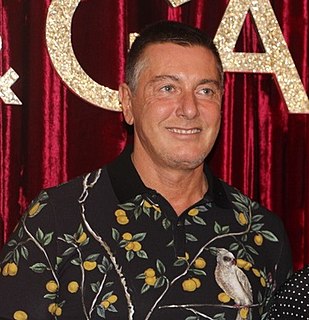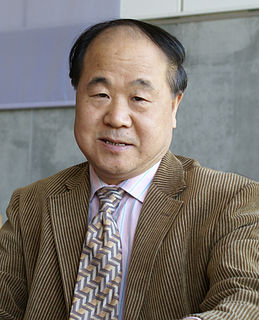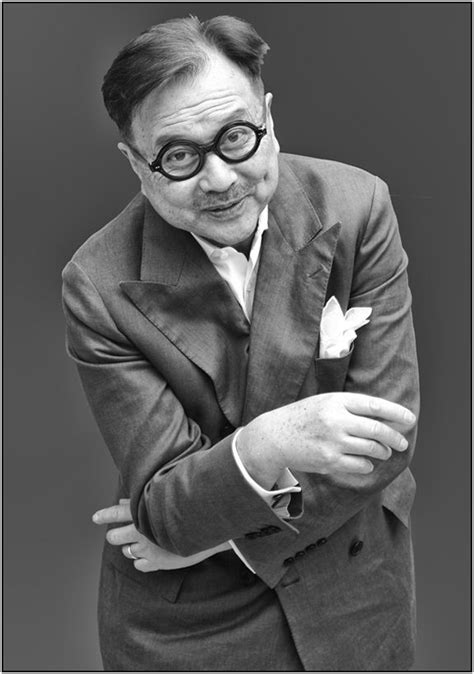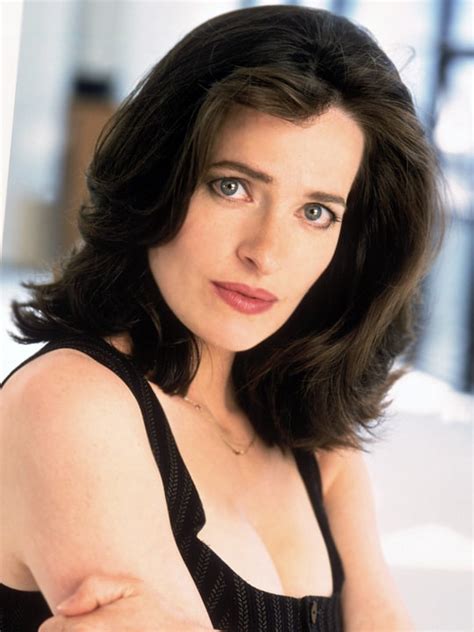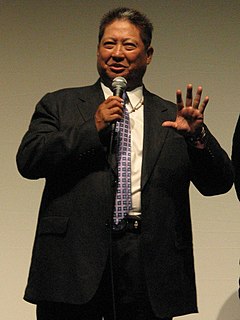A Quote by Michelle Yeoh
If you read a lot of Chinese literature, there has always been very strong women figures - warriors, swordswomen - who defended honor and loyalty with the men. So, it's not new to our culture - it's always been very much a part of it. It's good that now the Western audience would have a different image of the Chinese women.
Related Quotes
Obviously, everything has always been defined by the dominant ideology. But the dominant ideology has been able to accept women's literature as well as men's literature. I would say that women have been hindered from creating for a variety of reasons, as Virginia Woolf so admirably explained in A Room of One's Own. When they have created, on the whole they have been recognized. In literature it hasn't been nearly as oppressive as in, say, painting, where even the existence of so many women painters has always been denied.
The southern Chinese are a mixture of the Han, or northern Chinese, and the local tribes, some of which allowed women a great deal of freedom - much to the horror of the Chinese who were good Confucians. As a result, the folklore from southern China has strong females; and I found that the folktales mirrored my own experience.
The true essence of Chinese culture is sophistication, refinement, the spirit of poetry. The spirit of ink painting and calligraphy lives on forever. Calligraphy is more important than painting. Chinese always consider nature. Man is a very small part of nature. That's why in Chinese painting you see huge mountains and man very small, very humble before nature. You must be harmonious and one with nature. You don't fight it. And then there's a bit of a poetry. Of course, it's very complicated, but also very simple.
I think the culture of the feminine needs to be reinvigorated and women need to build a culture that is connected all over the globe to reinforce this new-found power in the body. Women have been divided to be conquered. No one person did this. It's been a cultural evolution. The masculine nature is very out there and vocal and very much espousing their point of view, and God bless them. The female culture needs to learn to do the same.
Women have always been more critical of marriage than men. The great mysterious irony of it is - at least it's the stereotype - that women want to get married and men are trying to avoid it. Marriage doesn't benefit women as much as men, and it never has. And women, once they are married, become very critical of marriages in a way that men don't.
The struggle for independence here has been conducted in equal measure by men and by women. And when we got our independence, no one forgot that. In the Western world, on the other hand, nothing of the kind has ever happened - women have participated, yes, but revolutions have always been made by men alone.
I made a lot of money with the Chinese, and I know the Chinese very well. By the way, they don't love us. I will tell you that. Just in case anybody has any question. They don't. They always say, "Oh, but they have our debt." Think of it they take our money and then they loan it back to us and we have to pay 'em interest. It's very... It would be something to solve very easily, if you have the right messenger. We don't have the right messenger. Barack Obama is the wrong messenger.
At the beginning of my career as a writer, I felt I knew nothing of Chinese culture. I was writing about emotional confusion with my mother related to our different beliefs. Hers was based in family history, which I didn't know anything about. I always felt hesitant in talking about Chinese culture and American culture.


